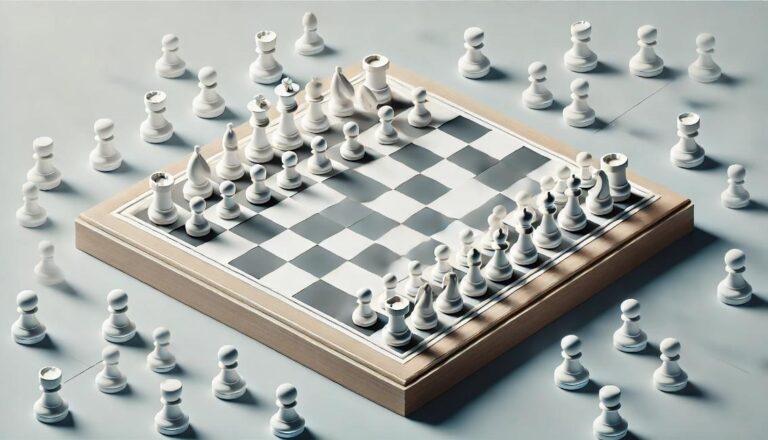Introduction
Chess is not just a game â it is a battle of wits, strategy, and psychological warfare. While the objective of chess is to capture the opponent´s king, the intricacies of the game go beyond just making moves on a board. The psychology behind chess involves understanding one´s own thought processes, recognizing patterns and cues in the opponent´s behavior, and making strategic decisions based on these factors. In this article, we will delve into the psychology of chess warfare and explore how it plays a crucial role in the outcome of a game.
The Role of Emotions
Emotions can often cloud our judgment and impair our decision-making abilities in chess. Fear, anger, and anxiety can lead to impulsive moves or hesitation in making a move, while confidence and complacency can result in overlooking potential threats. It is, therefore, important for chess players to maintain emotional control and keep a clear mind. This can be achieved through breathing techniques, meditation, and developing a calm and focused mindset. Recognizing and managing emotions is crucial in chess warfare, as it allows players to make rational and strategic decisions rather than being reactive.
Understanding the Opponent
One of the fundamental aspects of chess warfare is understanding the opponent. This involves not only analyzing the opponent´s moves but also their behavior and thought processes. Studying past games and patterns of the opponent can give players an insight into their playing style, strengths, and weaknesses. This information can then be used to formulate a strategic plan to exploit the opponent´s weaknesses and defend against their strengths. Additionally, observing the opponent´s body language and facial expressions can provide valuable clues about their thought process and emotions. This can help players anticipate the opponent´s moves and stay one step ahead in the game.
The Power of Deception
Deception is a powerful tool in chess warfare. It involves creating an illusion to deceive the opponent and gain an advantage. This can be achieved through tactics such as sacrifices, bluffs, and false threats. These deceptive moves can force the opponent into making a mistake or divert their attention from their original plan. However, deception is a double-edged sword, as it can also backfire if the opponent sees through the deception. Therefore, players must use deception strategically and be aware of the potential consequences.
Conclusion
In conclusion, the psychology of chess warfare is a multifaceted concept that encompasses emotional control, understanding the opponent, and using deception strategically. It is what separates a good chess player from a great one. By mastering the psychological aspects of chess, players can enhance their play and gain an edge over their opponents. As the saying goes, “chess is a mind game”, and the mindset and thought processes of a player play a significant role in determining the outcome of a game.

